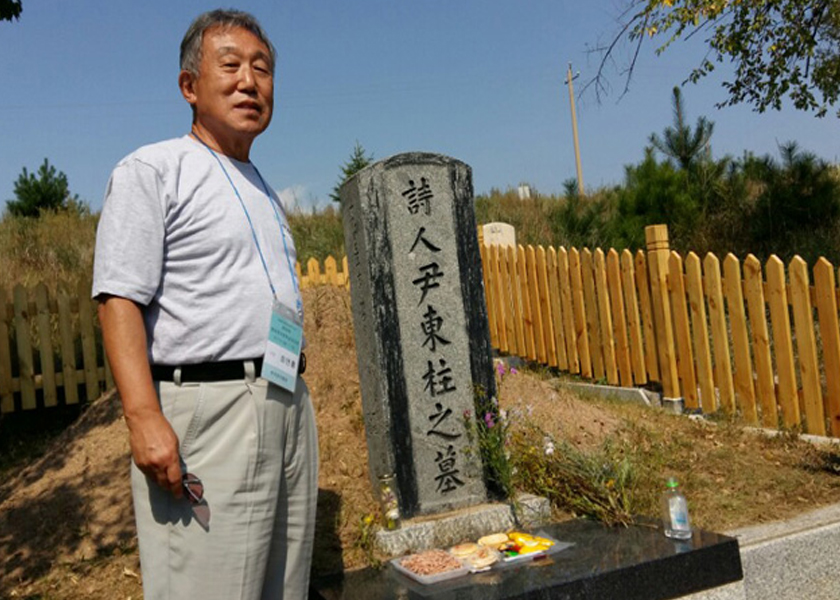Yearn Hong Choi dies at 79 | By Martha Vickery (Winter 2021 issue)

Poet, translator and scholar Yearn Hong Choi, who has contributed poetry and poetry reviews to Korean Quarterly, and was KQ‘s own poet laureate for over 20 years, died January 6 from complications related to his battle with cancer. He was 79.
In mid- to late 2020, Choi worked very hard in a short amount of time to self-publish two final works before his illness took over. One was a book of his own poems, entitled Snows of Kilimanjaro, a timely last collection featuring recollections of his travels, personal musings, and questions and perspectives on mortality. A favorite author, Ernest Hemingway, inspired the title, as well as the successful 2018 trek by his daughter Joyce Choi to the Kilimanjaro peak, on behalf of her dad’s dream.
The second work was a collection of stories entitled Five Boyhood Recollections of the Korean War 1950-1953, featuring the experiences of five Korean American men who were boys during the war. In an interview in KQ (Summer 2020 issue, p. 64), he said the collection is significant for his generation, because “when we are gone, there will be no one who was a witness to the Korean War experience.”
Choi, who was from Yeongdong, North Chungcheong Province, made his literary debut in 1963 while studying at Yonsei University in Seoul. He then moved to the U.S. where he earned master’s and doctorate degrees in political science and public administration at Indiana University.
Choi worked in the Office of the Secretary of Defense as Assistant for Environmental Quality from 1981 to 1983. He was a prolific scholar on environmental policy, and also taught at several U.S. universities, including the University of Wisconsin, Old Dominion University and the University of the District of Columbia; he also taught at the University of Seoul before retiring in 2006.
Throughout his life, Choi maintained a second career as a poet, and took an interest in helping and promoting fellow Korean American poets, particularly those interested in publishing English translations of poetry collections. He founded both the Korean Poets and Writers Group and the Korean-American Poets’ Group in Washington, D.C. In 1994, he became the first poet from Korea to be invited to read at the Library of Congress.
During his lifetime, Choi promoted and translated the works of Dong-Ju Yun, who wrote during the Japanese occupation of Korea (1910-1945), and evoked in his work nostalgia for times of peace and independence in Korea. Choi translated and published Yun’s major poems.
A prolific writer himself, Choi won the Yun Dong-ju Literature Award in 2009 and was the recipient of Yun Dong-ju Poetry Award in 2016 for his poetry book, Incan Woman.
The Korea Times reported in a story about his life that Choi was one of the longest-serving columnists at that newspaper, sharing his insights on topics of cultural and social issues.
Choi’s passing is also very significant to KQ, since his depth of expertise in Korean poetry in translation made his contributions, in nearly every issue over the years, unique and irreplaceable. We will also miss his humor, love of nature, and enthusiasm for literature and for life in general. Rest in power, Dr. Choi.


